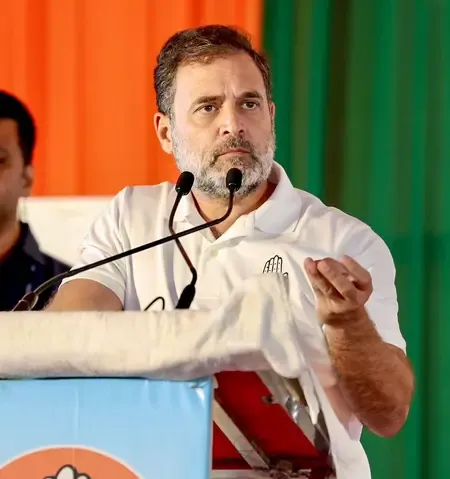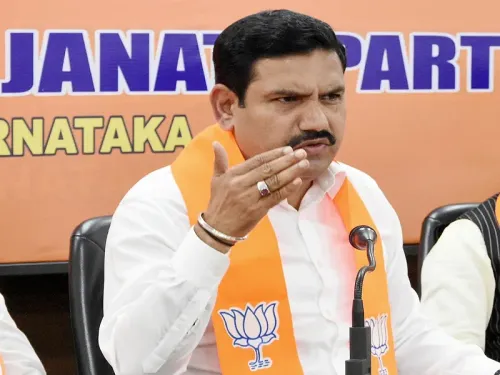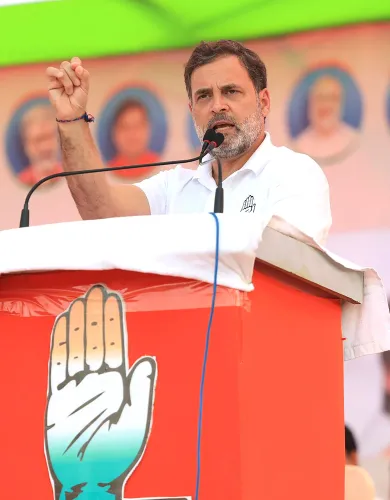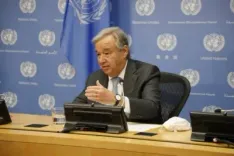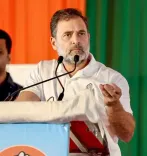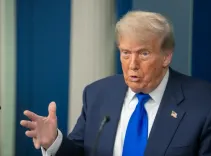Is US President's Mediation Between India and Pakistan Appropriate?
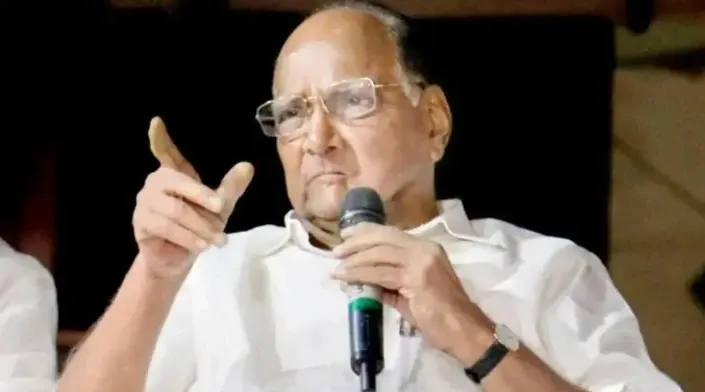
Synopsis
Key Takeaways
- Sharad Pawar opposes US mediation between India and Pakistan.
- The Shimla Agreement prohibits third-party intervention.
- Pawar advocates for independent resolution of disputes.
- He emphasizes India's commitment to peace and security.
- International community's role in combating terrorism is crucial.
Mumbai, May 12 (NationPress) Former Union Defence Minister and NCP-SP President Sharad Pawar articulated on Monday that the involvement of the US President, Donald Trump, in mediating between India and Pakistan is inappropriate. He referenced the Shimla Agreement, which stipulates that no third party can facilitate discussions regarding disputes between the two nations.
"The Shimla Agreement was established between Zulfiqar Ali Bhutto, the President of Pakistan, and Indira Gandhi, the Prime Minister of India. This agreement explicitly forbids third-party mediation. The two countries are to resolve their issues independently. Why should anyone intrude?" he questioned, strongly opposing the involvement of the US President and his unilateral declaration on X regarding a ceasefire between India and Pakistan.
"This marks the first occasion where an American official has publicly made such a declaration. This is inappropriate," Pawar stated.
In response to inquiries about the call for a special session of Parliament amid the context of Operation Sindoor and the subsequent cross-border skirmishes, the NCP-SP President remarked that while he does not oppose convening a special parliamentary session, the extent of information the government provides at this time is uncertain.
"Numerous crucial details concerning defense cannot be disclosed, thus they should remain confidential. If a session is to be held, it should proceed. Furthermore, a meeting of all party leaders should be arranged to share information. Defense officials should be invited to provide insights on the current situation post-ceasefire and India's actions," he commented.
Pawar reminded reporters of PM Narendra Modi's address to the nation scheduled for 8 p.m. on Monday.
"You (media representatives) will listen, and I will too, then we will discuss. However, information regarding the US intervention must be disclosed," he asserted.
Earlier, in his comments following the ceasefire announcement, Pawar emphasized that India has never condoned terrorism.
"Through Operation Sindoor, India has executed decisive actions against terrorist bases, with no intention to target any military installations or civilians in Pakistan. This military operation was essential for national security," he stated.
"It is India's duty to respond to ongoing provocations from Pakistan with both restraint and decisiveness. India has demonstrated this with a commitment to global peace. India has always advocated for peace and dialogue. Any progress in this direction is welcomed," the NCP-SP President noted.
Additionally, he remarked, "Nonetheless, it is the collective responsibility of the international community to take stringent actions against terrorism. Every step towards peace strengthens our collective effort against terrorism."

